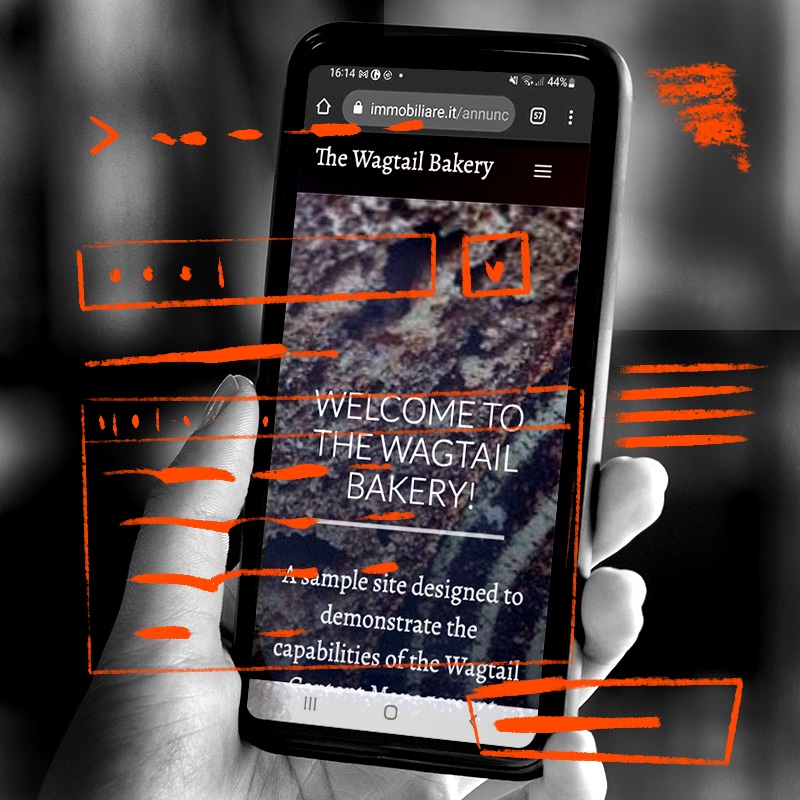
Wagtail Demo
2017


Hypothesis
That more people would adopt Wagtail if the experience of creating a demonstration version of the product was both easier to set-up and a more useful as a starting point for a project.
Result
Success with higher adoption rates and evidence the demo site was being used as a learning tool
Process
Wagtail is an open-source content management system that’s based off of Django. It enhanced the experience for content editors when compared to Django’s default admin area of Django CMS. Using Django meant it could create more sophisticated webapps compared to software like WordPress. But it was struggling to get adopted because the demo site was both hard to get running and once running wasn’t a good example of best practices around how to develop using Wagtail.
Whilst in the US I led a number of workshops onboarding people to Wagtail from both a developer and interaction design perspective. I’d created an incredibly simple demo site called “Beginner Wagtail” to help with those sessions. At a conference in Iceland I presented a top level proposal for a new demo site and created a working group to build upon that idea.
Demo websites are hard to design because they’re fake. We had to bake in believability in order to get people to interact with it and experience how the product could work for them. A simple idea around a chain of bakeries gave a framework that had a content model and information architecture that was fairly intuitive whilst giving some scope for technical complexity.
Open source teams are hard to pull together because you have to find consensus between everyone’s differing motivations. It’s within those differences - and the diversity of experience - that really interesting things happen. We got the first iteration of the demo launched in Iceland. As a team we continued iterating remotely before meeting again in Holland and the UK over the course of the year.
Team
Matt Westcott (dev), Scot Hacker (dev), Tobias McNulty (dev), Thibaud Colas (dev), Tom Dyson (dev), Arnar Tumi (dev), Karl Hobley (dev), Mikalai Radchuk (dev), Hourann Bosci (dev), David Ray (dev), Ben Enright (design)
Tools
Pen and paper, whiteboards, Sketch, SublimeText IDE, Github
Technology
Django and Python Docker